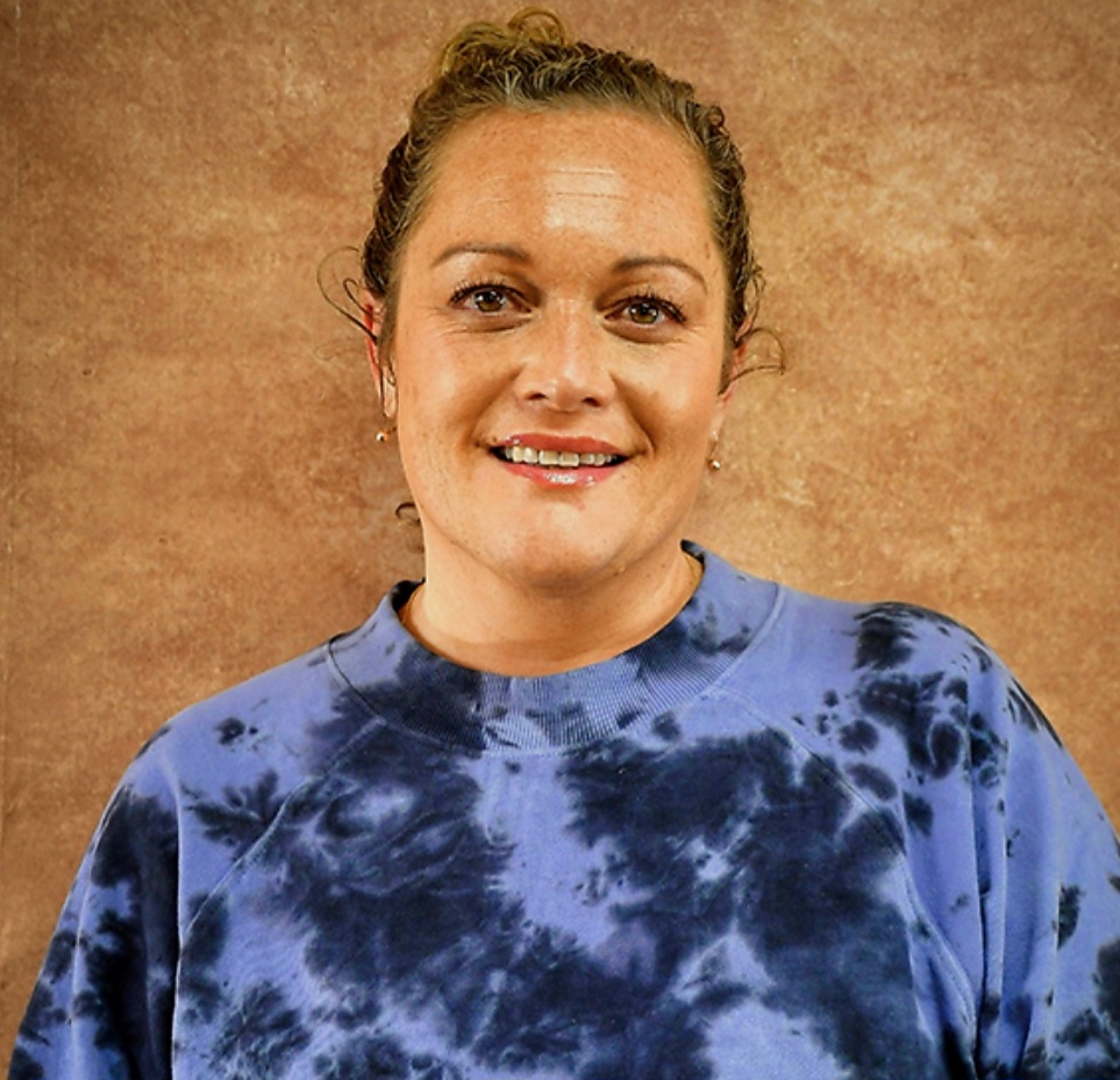What is your journey with language and culture?
I grew up outside of Tuvalu, with much of my childhood spent in India, where I became fluent in Marathi and Hindi. Later, while attending high school and university on the East Coast of the US, there were no other Tuvaluans except my own family, meaning I had limited exposure to my ancestral language. Determined to reclaim my heritage, I moved to Tuvalu after graduation, asking my family to only speak to me in Tuvaluan so that I could learn through immersion. It was a challenging but invaluable experience, leading to rapid progress in the language.
Later, living in the Marshall Islands with my parents, I found a small but vibrant Tuvaluan community. However, without daily practice, my Tuvaluan language skills waned—reminding me just how easily language can be lost if not spoken and celebrated. In 2019, my family and I moved to New Zealand, which gave me meaningful opportunities to reconnect with both the Tuvaluan language and our cultural traditions.
What challenges have you faced with language and identity?
Not growing up speaking Tuvaluan fluently has brought its own set of challenges; at times, I questioned my sense of belonging and authenticity within the Tuvaluan community. When working on my PhD, which celebrated Tuvaluan people and was grounded in Pacific knowledge and values, it was important for me to be both respectful and true to our language. Because I am not fluent, I am especially grateful to family and community members who supported me with translation and deeper cultural understanding. Their generosity reinforced the idea that fluency is not the sole marker of identity—commitment to learning and celebrating our language is equally important.
What does this year’s theme mean to you?
The 2025 theme, “Faipati mo te mautinoa kae amanaia tou fakavae” (Speak confidently and respect your foundation), resonates deeply for me. To speak confidently is to honour not only the words but the values, stories, and history those words carry. Respecting our foundation means valuing our families, land, and ancestors, regardless of how ‘fluent’ one is deemed to be. Whenever possible, I speak about my language and culture in both Pacific and non-Pacific spaces, striving to show their beauty and significance. Through music, dance, art, and especially language, I encourage my daughters to do the same, modelling pride and confidence in their heritage.
What are your hopes for the future?
Learning Tuvaluan has become a lifelong journey. I recently completed a conversational Tuvaluan refresher course and look forward to continuing my studies. My aspiration is to help create more opportunities for my children or others in Aotearoa New Zealand and beyond to engage with our language—whether they are fluent speakers or just beginning their journey. I hope my daughters will carry this legacy forward, always proud of who they are and where they come from.
Even if one is not fluent, being Tuvaluan is about respect, participation, and connection. I continue to learn and grow, and am grateful to be part of a vibrant, resilient community.

